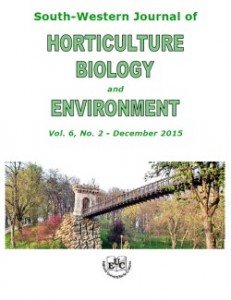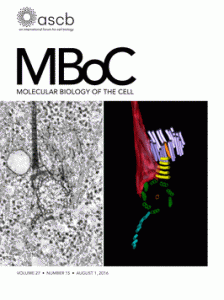 A genetics researcher included falsified data in two published papers, according to a report by the U.S. Office of Research Integrity (ORI) released today.
A genetics researcher included falsified data in two published papers, according to a report by the U.S. Office of Research Integrity (ORI) released today.
At the time of the misconduct, Andrew Cullinane was a postdoctoral fellow in the Medical Genetics Branch at the National Human Genome Research Institute (NHGRI). According to his LinkedIn page, he is now an assistant professor at Howard University in Washington D.C. The university’s College of Medicine lists him as an assistant professor in the Basic Sciences/Anatomy department.
As today’s notice in the Federal Register reports, Cullinane Continue reading Former NIH postdoc doctored data




 Two psychology researchers are retracting a meta-analysis after discovering errors they believe may affect the conclusions.
Two psychology researchers are retracting a meta-analysis after discovering errors they believe may affect the conclusions.

 With so many
With so many 